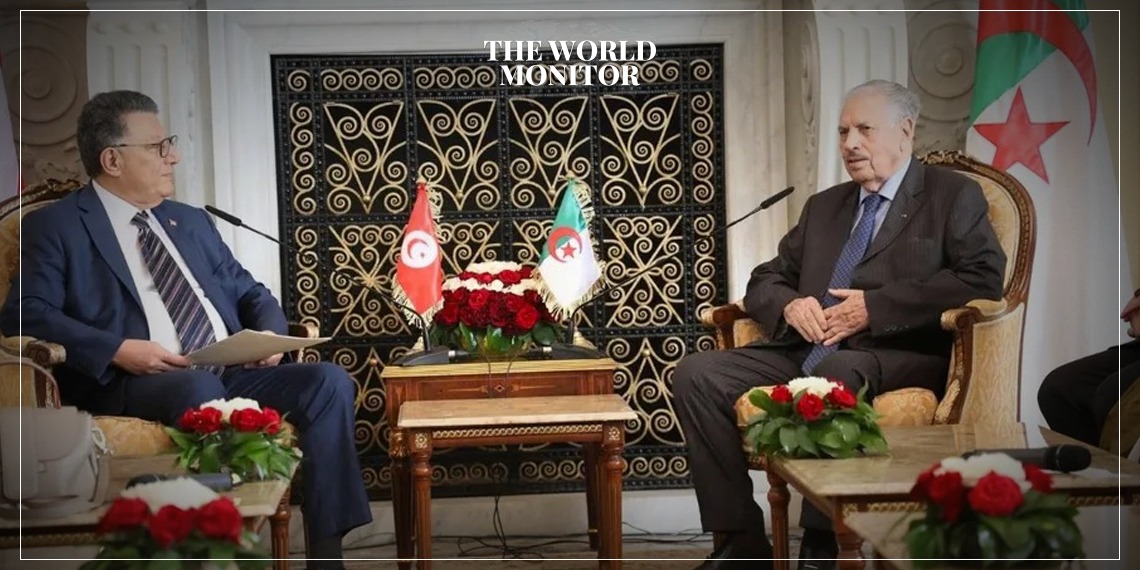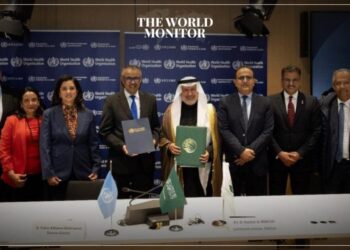In a significant move to enhance diplomatic ties, the Presidents of the Algerian and Tunisian parliaments, Ibrahim Gali and Ibrahim Boudraa, respectively, have inked a parliamentary cooperation agreement between the two nations.
The Algerian National People’s Congress issued a statement detailing the agreement’s key provisions.
It encompasses the exchange of parliamentary delegations, legal documents, and texts, in addition to hosting regular meetings between the Presidents of both councils. Furthermore, the agreement includes training sessions and knowledge sharing.
During the visit, President Ibrahim Boudraa, accompanied by a delegation, engaged in discussions with Salah Goujil, the President of the Algerian Council of the Nation, in the presence of several council members and Tunisian Ambassador to Algeria, Ramadan Al-Fayyad.
President Boudraa emphasized the longstanding and continuously evolving relations between Tunisia and Algeria, marked by their shared principles of struggle and resistance for freedom throughout history.
He regarded Algeria as the symbolic choice for the first official foreign visit by the Tunisian parliament, reflecting the strength and historical depth of bilateral ties.
Additionally, this visit provides an opportunity to explore avenues for enhancing bilateral cooperation across various sectors and addressing any challenges together.
Salah Goujil emphasized the significance of parliamentary relations in supporting bilateral cooperation across multiple domains and fostering closer ties between the two nations’ peoples.
He expressed the readiness of the Tunisian Parliament to strengthen collaboration with the Algerian Council of the Nation, particularly through the revitalization of the Parliamentary Brotherhood Group, intensifying meetings, and sharing experiences.
Both leaders stressed their keenness to further develop bilateral cooperation in various fields, capitalizing on the available opportunities.
They highlighted the recent meeting of the Tunisian-Algerian Joint Committee as an occasion that bolstered bilateral relations by signing numerous agreements spanning various sectors, paving the way for new avenues of cooperation.
Previously, experts had observed a period of stagnation and inactivity in the relationship between the two nations.
The absence of frequent visits or close communications between heads of state or foreign ministers had fueled speculations about strained bilateral relations.
Notably, President Abdelmadjid Tebboune’s succinct statement during his visit to Italy sparked significant media attention, especially in Tunisia, where it was interpreted as an indication that their eastern neighbor was experiencing a “crisis” and a state of “non-democracy.”






